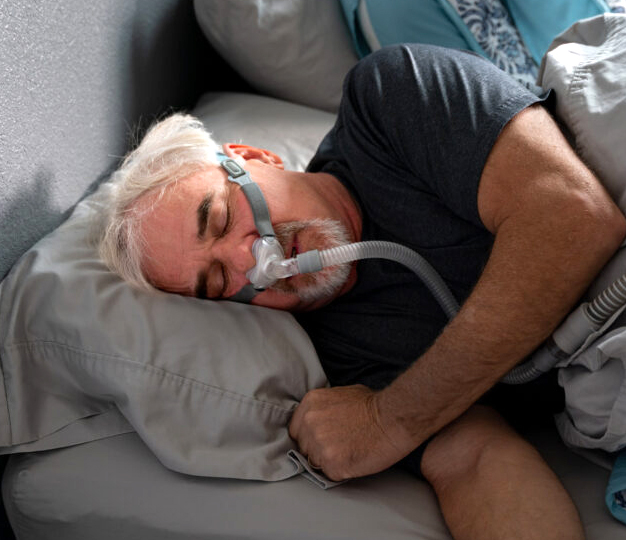
Combined Therapy Part 1: CPAP Therapy
Combined Therapy Part 2: Oral Appliance Therapy
Combined Therapy: The Best of Both Worlds
At our practice, we offer combined therapy to address the needs of patients who may not achieve full benefits from a single treatment method alone. This approach involves the simultaneous use of an oral appliance alongside a CPAP machine, harnessing the strengths of both treatments.
The oral appliance works by partially opening the airway, which allows the CPAP machine to operate at a lower pressure setting. This adjustment reduces overall noise and discomfort associated with the machine, and it enables patients to use a smaller nasal mask rather than a full facemask. Additionally, this combined therapy enhances convenience for travelers, as patients can bring just the oral appliance while on the move instead of carrying the entire CPAP machine.
Ultimately, our combined therapy offers a practical solution that many patients find beneficial in managing their sleep apnea effectively.
When Should a Person Consider Combined Therapy?
If Dr. Desai and your sleep doctor have conferred and recommended it, combined therapy may be suggested for the following reasons:
- If CPAP therapy hasn't effectively relieved your sleep apnea symptoms
- If you find it challenging to consistently use your CPAP machine
- If oral appliance therapy hasn't provided relief from your sleep apnea
- If you prefer an alternative to corrective surgery
- If you have undergone surgery previously and continue to experience sleep apnea symptoms
In these situations, combined therapy may be considered as an alternative treatment approach based on the advice and consultation of our experts.
The Benefits of Combined Therapy
Combined therapy provides enhanced comfort for patients compared to using CPAP therapy alone. The use of a smaller mask and lower CPAP settings contributes to greater comfort, while also reducing noise disturbance for those sleeping nearby.
Previously, patients with severe sleep apnea were unable to benefit from oral appliance therapy due to its limitations. However, combined therapy now extends these benefits to a wider range of patients by integrating custom-made treatments.
Low compliance with CPAP therapy often stems from discomfort, but combined therapy is typically more comfortable and convenient, which promotes regular use and improves overall health outcomes.
Studies have demonstrated that combined therapy is more effective in preventing apnea events compared to using CPAP therapy alone. Patients who were untreated experienced approximately 7 apnea events per hour, which decreased to about 4 with CPAP therapy and further reduced to about 2 with combined therapy.
For frequent travelers, combined therapy offers increased convenience by allowing them to easily pack their oral appliance. This ensures a restful night's sleep regardless of their location.
Is Combined Therapy Right for Me?
Determining whether combined therapy is suitable for your needs requires a personalized approach at our practice. Dr. Desai will recommend this treatment option only after consulting with you and collaborating with a local sleep specialist. This thorough evaluation ensures that he fully understands your unique circumstances and can recommend the most effective approach to address them.
Once you and Dr. Desai agree on the appropriate course of action, whether it's combined therapy or oral appliance therapy, he will promptly initiate the recommended treatment.
If you're interested in learning more about combined therapy and its potential benefits for improving your sleep or that of a loved one, please don't hesitate to reach out to us. We are here to address any inquiries you may have and guide you through the necessary steps to receive the tailored treatment you deserve. Feel free to contact us today to begin this journey toward better sleep and improved quality of life.

